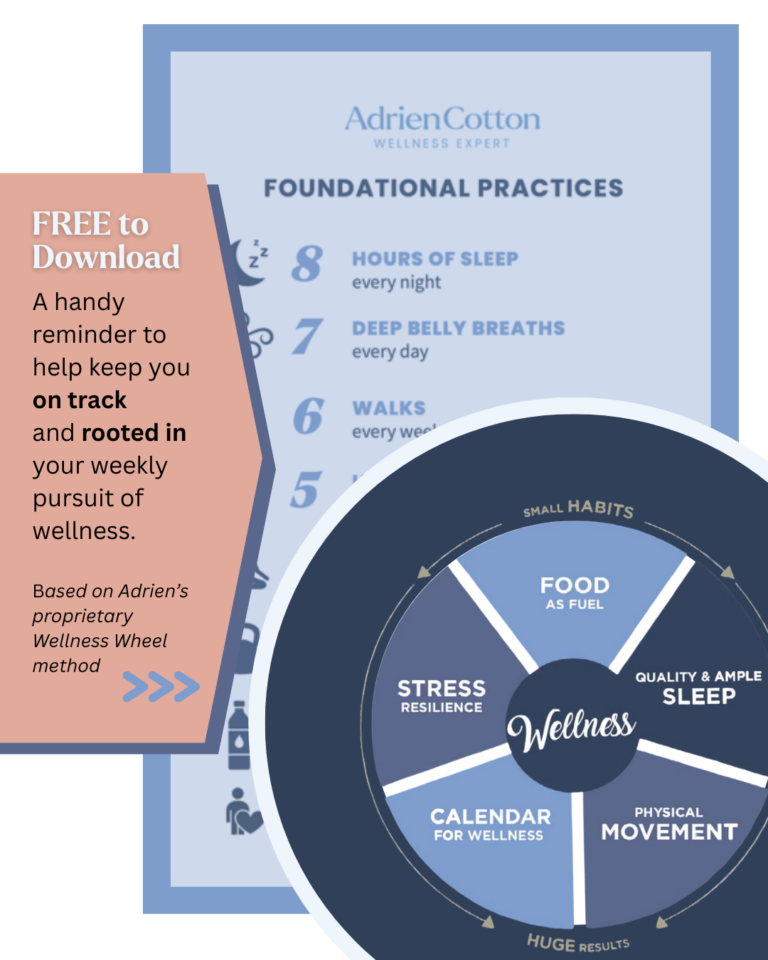Have you ever said, “I’m gaining weight, but I haven’t changed anything with my diet.” Or, “I have this belly fat and can’t get rid of no matter how much I exercise.” Maybe you also struggle with maintaining consistent energy, getting quality sleep, or are feeling more anxious or moodier than usual. These are all complaints that point to – you guessed it – hormone imbalances. Hormone imbalances can be the cause of fatigue, unexplained weight gain, sleep issues, and cravings, just to name a few.
Hormones are the chemical messengers in your body that determine the health of your metabolism, how you maintain your weight, your stress levels, your body temperature, your mood, your energy, and your muscle growth. They matter during all stages of your life, so know that you don’t have to be perimenopausal or menopausal to be thinking about your hormones or have imbalances.
Symptoms can manifest in a variety of ways: mood swings, anxiety, depression, weight gain, inability to lose weight, changes to hair, skin and nails, heavy or painful periods, acne, PMS, sleep issues, fatigue, and afternoon energy crashes. And it’s no surprised so many women are dealing with these issues because hormones are easily influenced by diet, stress, lifestyle, blood sugar, and environmental exposures.
Whether you are concerned about monthly cycles, increasing fertility, are struggling to lose weight, or just want to improve your mood, sleep, and energy, you can start to re-balance your hormones by recognizing what is off in the first place, then following the steps to support them.
Things you need to know
- Fat loss is a hormonal process, and not simply a matter of calories in vs. calories out. This so-called weight loss equation only applies in a body/environment when cortisol, thyroid, insulin, estrogen, and progesterone are all in balance.
- Hormones’s actions are heavily intertwined. The action of one hormone shuts down another when it’s too high, and raises yet another when it’s too low. When one is off balance, it’s only a matter of time before two or three more get out of whack as well.
How do you know if your hormones are out of balance? And which ones?
Here are some of the most common signs, and the hormonal cause(s):
- Poor sleep: excess cortisol, low progesterone
- PMS: excess estrogen
- Acne: excess estrogen, excess cortisol
- Difficulty losing weight: excess insulin, excess cortisol, excess estrogen, low thyroid
- Weight gain, especially around the glutes, hips, and thighs: high estrogen in relation to progesterone
- Hair loss and low body temperature: low thyroid
- Irregular periods: low progesterone
- Extreme fatigue: low thyroid, low progesterone
- Hungry all the time: low leptin, high ghrelin, high cortisol
Stay tuned for part two, where we’ll dive into what’s going on with the key hormones that influence fat loss and what you can do about it.



